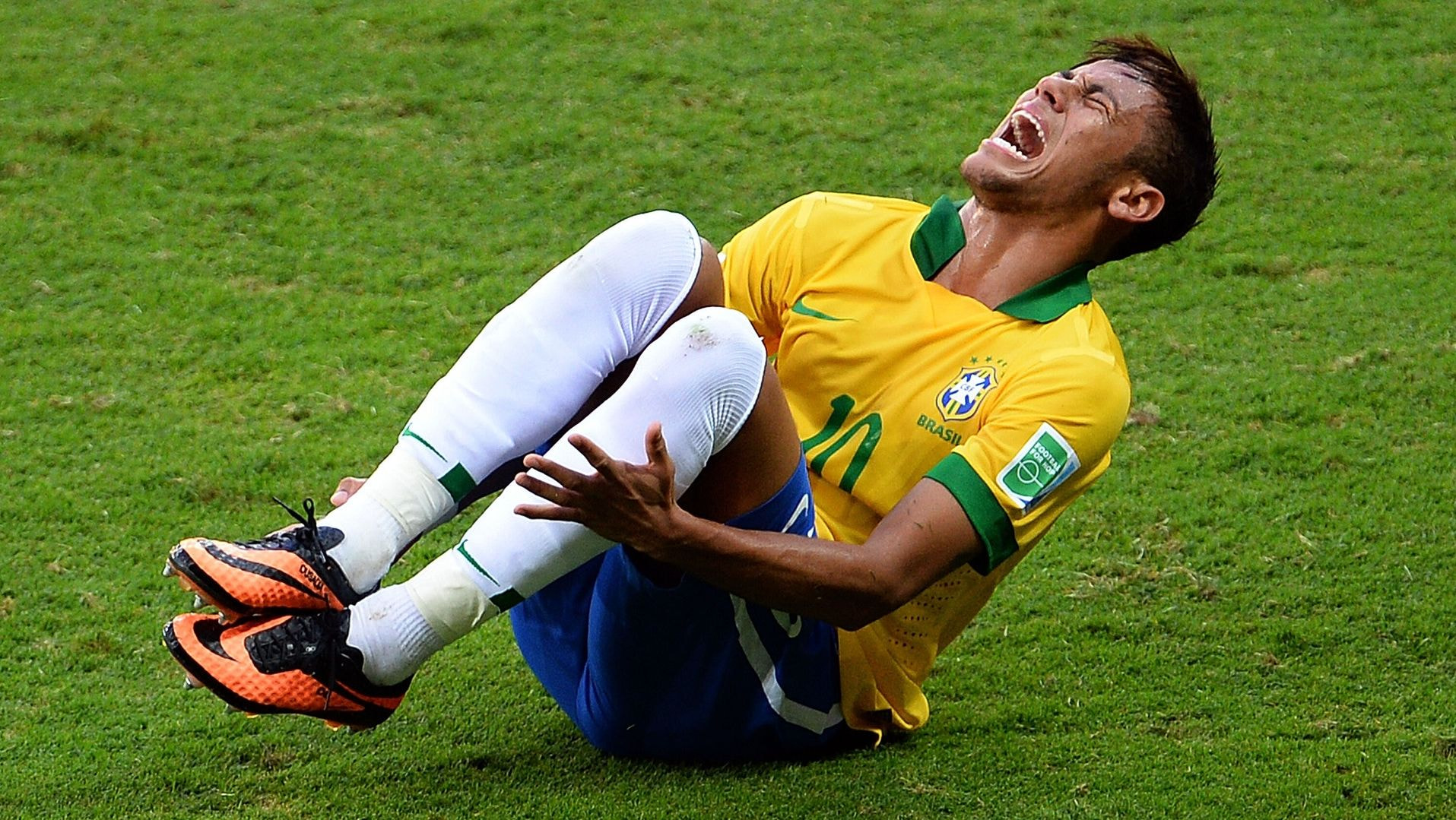Article contribution by Rik Storey
Picture: Neymar (Getty Images)
I am not interested in mainstream sports, neither football nor rugby. Unsurprisingly, this can leave one less popular from many conversations in the workplace and other modern scenarios. Is it because these sports are just too masculine and rough? On the contrary, it is because they are too mainstream.
Things only get worse when I explain that I enjoy more traditional yet masculine sports.
What are the fundamental differences between the aristocratic sports of old, which focus much more on the individual man, and the spectator of mainstream sports of today, which focus more on popularity, seemingly devised to maximise profitability from said spectators?
Where the traditional aristocrat sought, for example, polo, the mainstream cultured people thinks, ‘Why on earth would you enjoyed that sports? It is elitist and non-relatable to us!’ The same attitudes apply to the traditional gentlemen sports, such as horse racing, fencing, wrestling, and jousting.


